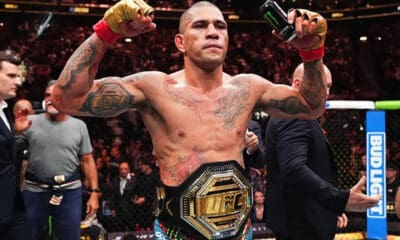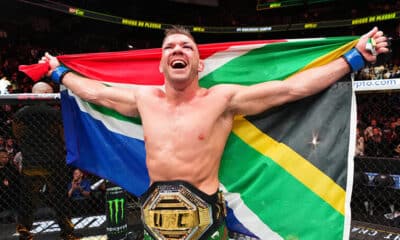While some sports have origins that can be traced back decades and even centuries, this is not the case with MMA, which comes from a much newer place. In the early days, MMA originated from the UFC construct, in which people would come in with different martial arts styles to see which one held the highest level of dominance.
Over time, the fighters began to ‘borrow’ from each other’s disciplines, which meant much more of a combination of styles were being seen rather than strictly sticking to one.
Over the years, MMA has become a martial art all of its own, involving a range of different grappling and striking techniques. As such, it also has more of a strict set of rules, whereas once upon a time, it could have been seen as something of a free for all. Here are a few specific ways that MMA has evolved over time.
Higher Profile
The ubiquity of names like Conor McGregor has shown that this is a discipline that does not always stay within a set audience. Instead, it can hold more of a universal appeal, and there is plenty of celebrity involvement in the sport nowadays. Plenty of money has flowed into the sport as a result of this. Former UFC champion Mark Coleman certainly agrees with this: “I think they’re probably going to have to pay more eventually, but right now 2, I tell you that. Compared to what we got back when I was fighting. They’re getting paid pretty good.”

The charisma of the Irishman, and his antics, some of them of in questionable taste, have helped bring new eyeballs to the sport.
Longer Fight Duration
Another change that has happened in the history of MMA is that the fights have gotten steadily longer. Several minutes more can be expected on each fight that takes place. This is largely down to the fact that fighters tend to adopt a more defensive stance, which means that there is a higher level of caution that takes place. Shorter fight times tend to be seen in the heavier weight categories as there is a greater chance of a knockout.
Higher Work Rate
There has always been an excellent level of fitness required to take part in MMA, but these seem to have increased over recent years. More strikes are being thrown every minute, and when added onto the longer fight duration discussed in the section just above this one, it demonstrates that fighters need to be even better at cardiovascular fitness than in the past.
Marketing Opportunities
As a sport moves into the mainstream and develops a higher profile, this also makes it more likely that there will be more marketing opportunities directly associated with it. This serves to promote the sport to an even wider audience. Fighters like Conor McGregor have already done so much to get the sport to a bigger audience through their large social media presence, and this seems to be one of the keys involved in ensuring that a younger audience continues to be attracted to MMA. Furthermore, more celebrities and athletes from other disciplines are getting involved in MMA, such as CM Punk, Jake Hager, and Bobby Lashley, which further increases the audience reach.
Just like all sports, MMA continues to evolve over time. Of course, since this is a relatively new discipline, it has also meant that all of these changes have come within a highly short timeframe, which makes its considerable appeal even more impressive.
























